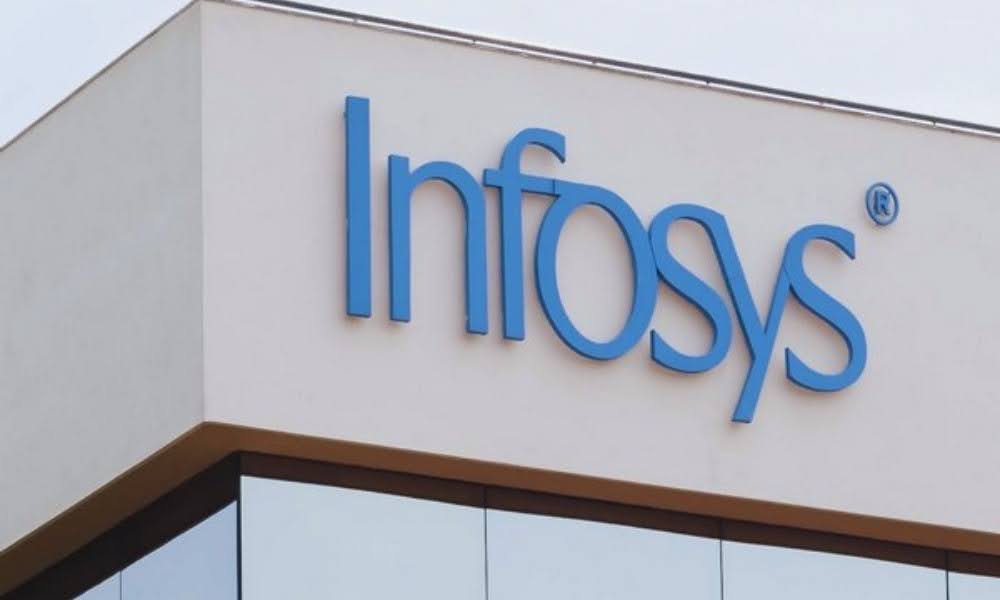Zoho’s Sridhar Vembu Weighs in on AI Hype, Cites Microsoft’s Caution

Zoho Corp’s founder and chief scientist, Sridhar Vembu, recently voiced concerns about the diminishing excitement around artificial intelligence (AI).
In a post on X, Vembu pointed out that both corporate customers and analysts are increasingly skeptical about AI’s latest advancements.
He highlighted reports of Microsoft canceling US data center leases due to oversupply concerns and Microsoft CEO Satya Nadella cautioning against overly optimistic AI projections, particularly regarding Artificial General Intelligence (AGI).
Despite the cooling hype, Vembu acknowledged that AI has practical uses in various industries. He identified seven key areas where AI continues to be effective:
- Speech-to-text, text-to-speech, and image recognition for authentication.
- Image-to-text conversion, including character recognition and data extraction from images and PDFs.
- Spam, phishing, and fraud detection.
- Security threat analysis.
- Pattern identification in financial, business, legal, medical, engineering, and scientific data.
- Programmer assistance in code generation, particularly UI code, and bug detection.
- Marketing content generation, including website and brochure design, email campaigns, and other promotional materials.
However, Vembu cautioned against AI’s misuse in marketing, warning that excessive reliance on AI-generated content could lead to “AI slop,” where consumers easily recognize the artificial nature of the material.
AI’s Role in Security and Pattern Recognition
Vembu expressed the most enthusiasm for AI applications in security threat analysis, pattern recognition in critical sectors, and assisting programmers with coding.
He likened autonomous AI agents to self-driving cars, noting that while real progress is being made, the industry should not be swayed by the hype.
“In that sense, autonomous AI agents are like self-driving cars: don’t get too taken by the hype but engineers in the trenches are making progress,” he wrote.
Google Trends Reaction
Following his comments, Sridhar Vembu became a trending topic on Google in India, accumulating over 2,000 searches, with Tamil Nadu showing the highest interest, according to Google Trends.
The explosive growth of AI over the past year has sparked concerns about safety measures and ethical considerations.
However, Vembu remains cautious, emphasizing that AI’s real-world impact should not be clouded by excessive hype.
“I am in the camp that overhyping anything is a bad idea. I am personally enthusiastic about some technologies but I will not overhype them,” he stated on X.
His stance reflects a growing sentiment among business leaders and analysts who remain in a “prove it to me” mode rather than buying into the AI craze blindly.
Vembu’s skepticism highlights the gap between AI’s practical applications and the high expectations fueled by media and investor speculation.
AI Hype vs. Reality
The Zoho founder pointed to Microsoft’s recent AI-related decisions as an indication that the AI bubble might be deflating.
The company’s decision to cancel data center leases due to oversupply concerns, along with CEO Satya Nadella’s warnings against unrealistic AGI expectations, reinforces Vembu’s perspective.
The AI boom has benefited companies heavily investing in the field, with OpenAI being a prime example.
The Sam Altman-led startup secured massive funding, reportedly worth $500 billion, with backing from SoftBank.
Yet, Vembu argues that AI’s expansion should not come at the cost of fundamental shifts in business operations, especially considering the high costs of AI development and deployment.
His remarks have sparked discussions among tech professionals, with some agreeing and others debating AI’s evolving role in industries.
The Corporate AI Landscape
Major corporations like Google and Meta have made significant AI investments, reshaping their business models.
Workforce changes due to AI adoption are expected in the coming years, raising questions about the sustainability of AI-driven growth. Analysts and experts have cautioned that AI must evolve quickly to become widely accessible and beneficial.
While AI adoption is increasing, the hype surrounding it appears to be losing momentum. Vembu’s observations align with concerns that AI’s rapid rise may not translate into immediate, tangible business benefits.
AI’s Future Requires More Than Just Investment
Looking ahead, Vembu believes AI’s true potential lies in rigorous research and development rather than excessive financial investment.
He compared AI’s evolution to past economic bubbles, such as the optical and real estate booms, which eventually lost steam when investor enthusiasm waned.
“When hype meets Wall Street, a lot of money gets thrown at it (be it the optical bubble or the real estate bubble and now the AI bubble), and then Wall Street gets tired and walks away. That is when the real engineers get excited,” he remarked.
As the AI industry moves forward, Vembu’s insights serve as a reminder that genuine progress depends on innovation, not just investment or hype.
The AI gold rush may be slowing, but its practical applications remain a powerful force in business and technology.







